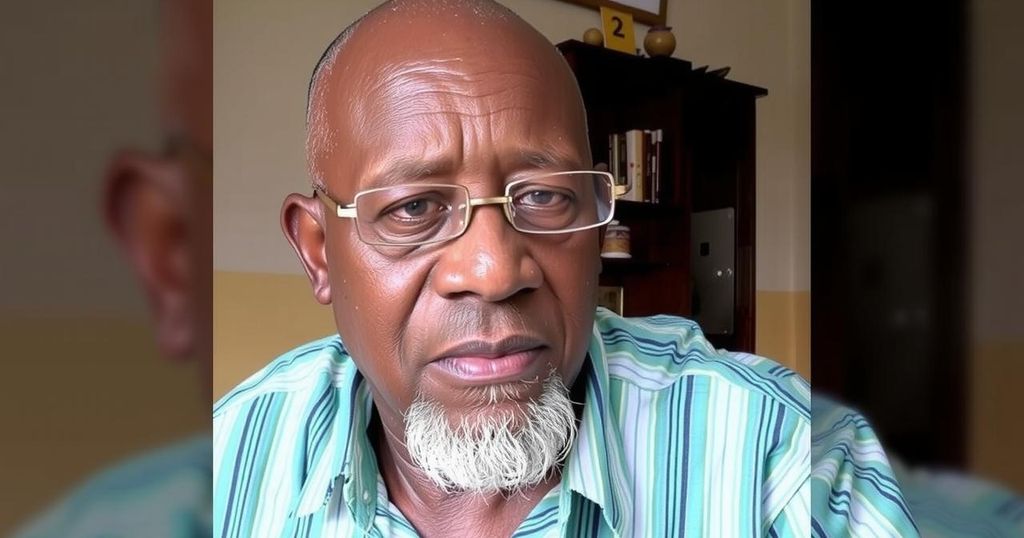Stark County Man’s Trial Unfolds Amid Rwandan Genocide Allegations

Eric Nshimiye, a Stark County resident, faces charges in the U.S. for allegedly lying about his involvement in the 1994 Rwandan genocide, while being accused of serious crimes such as murder and rape. The trial highlights complexities in immigration and historical accountability, posing questions about justice decades after the genocide.
Eric Nshimiye, a 53-year-old engineer and family man from Stark County, is currently awaiting trial in Boston, Massachusetts, after being arrested over allegations related to the Rwandan genocide. Charged with perjury and obstruction of justice, he is accused of lying about his past while attempting to secure his residency in the United States since 1995. Nshimiye contends he was not involved in the atrocities committed in Rwanda during the 1994 genocide, which resulted in the deaths of an estimated 800,000 Tutsis by Hutu militants.
Despite facing serious accusations, Nshimiye has not been formally charged with the murders or rapes themselves, as U.S. jurisdiction does not extend to these acts. His defense hinges on proving he was not in Rwanda at that time, despite his previous testimony placing him in Kigali when the genocide began. His attorney underscores that Nshimiye is not among the 231 individuals sought by Rwandan authorities in connection with the genocide.
Nshimiye’s life narrative diverges significantly from the charges against him. He reportedly fled Rwanda, passing through various countries before resettling in the United States. The government claims he is a fugitive from justice, having concealed a violent history. However, Nshimiye’s defense reflects support from the community and family, who believe he is innocent of the accusations. A website portrays him as a devout family man, while both legal and personal challenges unfold in the courts, with implications that could lead to his deportation if convicted.
Controversies surrounding the portrayal of the Rwandan genocide remain, with scholars like Susan Thomson noting complexities often overlooked in popular narratives. This situation embodies the ongoing struggle for justice and accountability for historical atrocities, even decades later.
The article discusses the case of Eric Nshimiye, who faces serious accusations related to acts of violence during the 1994 Rwandan genocide, a tragic event that resulted in mass killings largely targeting the Tutsi population. Nshimiye, a Rwandan Hutu, has been arrested in the United States and is charged with lying about his involvement in these events to secure his immigration status. His trial is set in a complicated legal environment where U.S. courts are navigating historical injustices and international human rights law. The Rwandan genocide has been widely documented as a period of extreme ethnic violence, yet the intricacies of its political implications and the narratives surrounding it provoke ongoing debate among scholars and human rights advocates. This backdrop provides essential context for understanding Nshimiye’s situation and the legal allegations.
The case of Eric Nshimiye exemplifies the intricate interplay between immigration law, historical accountability, and the ramifications of the 1994 Rwandan genocide in contemporary legal frameworks. As he awaits trial, the forthcoming legal proceedings will not only determine his fate but raise important questions about justice, the veracity of historical narratives, and the complexities of proving innocence decades after the events in question. Public sentiment around these allegations reflects broader societal struggles with collective memory and justice for past atrocities.
Original Source: www.the-review.com








